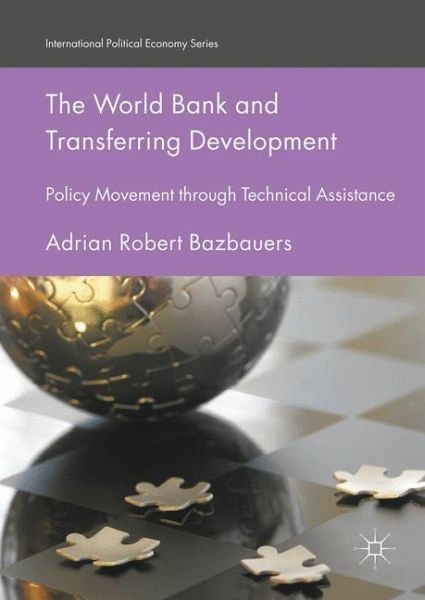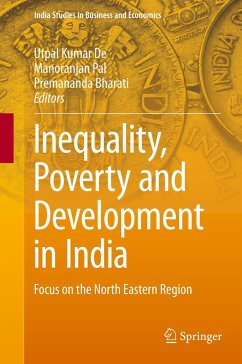
The World Bank and Transferring Development
Policy Movement through Technical Assistance
Versandkostenfrei!
Versandfertig in 6-10 Tagen
76,99 €
inkl. MwSt.
Weitere Ausgaben:

PAYBACK Punkte
38 °P sammeln!
This book analyses the World Bank's provision of technical assistance from 1946 to the present day. It argues that the relational dynamics between technical assistance provider and recipient affects the legitimacy of policy norms travelling from the 'international' to the 'domestic'. Beginning from the constructivist position that 'development' is a social construct, the author contends that successful policy movement via technical assistance depends on the recipient's perception of the validity of policy reforms, with perception being influenced by the way those ideas and practices are presen...
This book analyses the World Bank's provision of technical assistance from 1946 to the present day. It argues that the relational dynamics between technical assistance provider and recipient affects the legitimacy of policy norms travelling from the 'international' to the 'domestic'. Beginning from the constructivist position that 'development' is a social construct, the author contends that successful policy movement via technical assistance depends on the recipient's perception of the validity of policy reforms, with perception being influenced by the way those ideas and practices are presented, packaged, and transferred. In advancing this argument, Bazbauers analyses four pillars of World Bank technical assistance: technical assistance components (advisory services incorporated within lending operations), stand-alone technical assistance projects (projects designed to solely deliver technical assistance), survey missions (activities involved in measuring the development status of developing countries), and training institutes (the courses of the Economic Development Institute and World Bank Institute).














